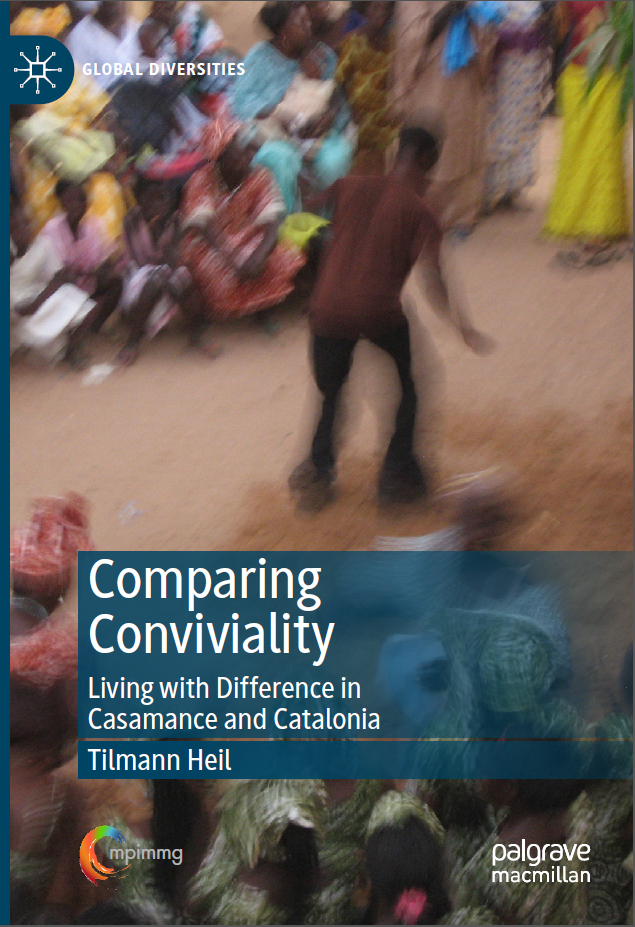Núcleo Interdisciplinar de Estudos Migratórios, IPPUR, Universidade Federal do Rio de Janeiro
During the second discussion of my monograph Comparing Conviviality during the first meeting of the Interdisciplinary Group on Migration Studies at the Federal University of Rio de Janeiro, I conveyed a long story in a nutshell: how my thinking on conviviality is grounded in representations and practices of neigbhourliness and cohabitation that make it necessary and possible to arrive at a concept of living with difference that frames forms of minimal sociality in unstable, uncertain, and changing urban contexts. This contrasts to Stuart Hall's characterisation of most of our concepts, which social sciences came up with to give us the impression of a stability that in actual fact never existed. Conviviality instead is meant to be a simple tool to speak of such complex and challenging situations and describe how human sociality unfolds in them.
I thank my colleagues from the Research Group and other participants for their interest and appreciation, especially Prof. Miriam da Silveira Santos who kicked off her comments with: 'I have accompanied Tilmann's work for some years now; no I finally understood what he does. He goes back to a key dimension of anthropology: that of comparison.' It resonated with Prof. Joana Bahia observation how I pay attention the fact that our interlocutors in the field - in my case transnational Senegalese from the Casamance region - are the true masters of comparison.


